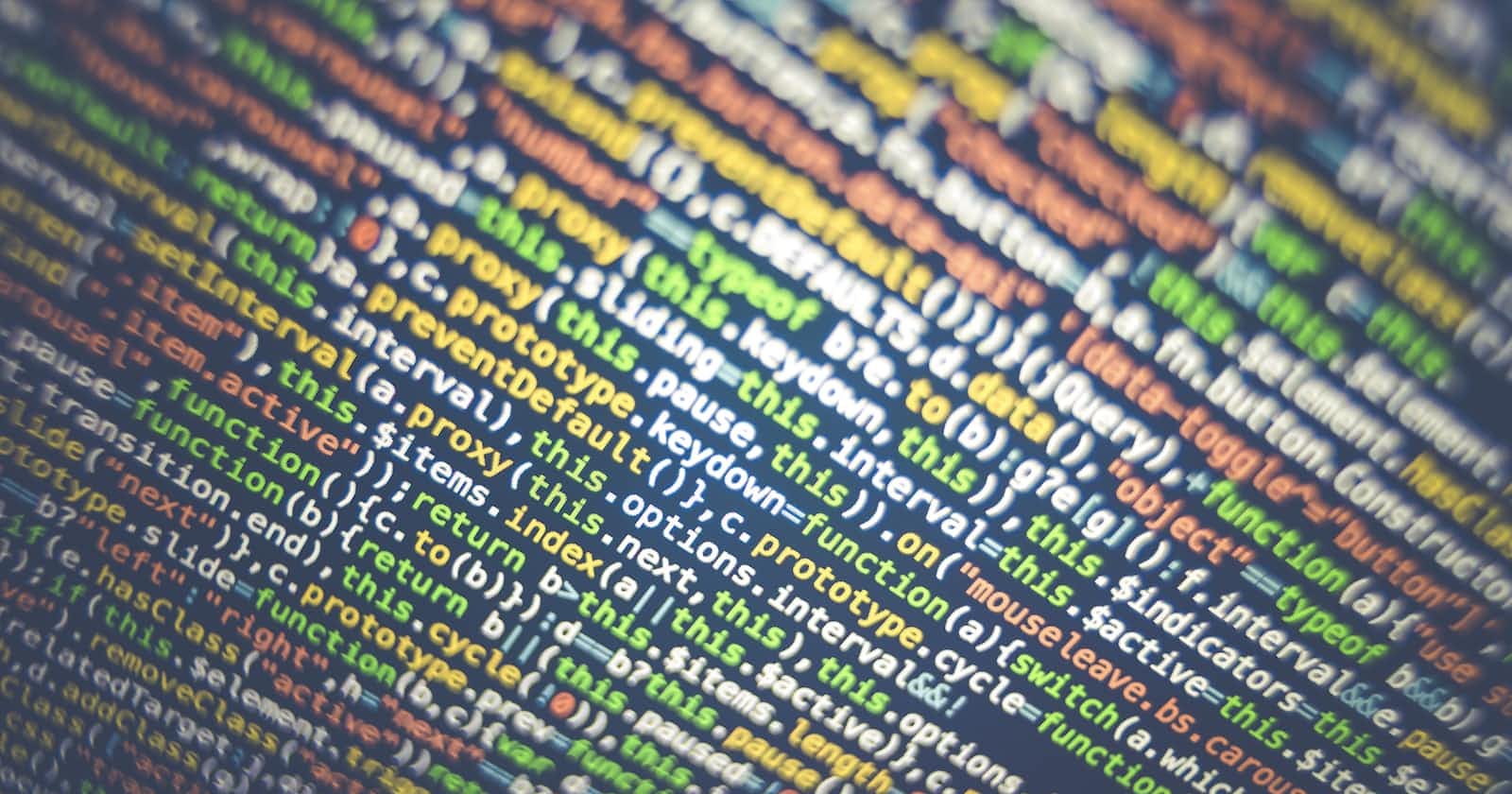Machine learning, a subset of artificial intelligence, has rapidly transformed various industries, and economics is no exception. Over the past few years, economists and researchers have been increasingly leveraging machine learning algorithms to gain deeper insights into complex economic systems and to make more accurate predictions and decisions. By analyzing vast amounts of data and identifying intricate patterns, machine learning techniques have opened up new possibilities in understanding economic behavior, improving policymaking, and optimizing various economic processes.
As we stated above, the field of economics has experienced a transformative shift with the advent of machine learning, a subset of artificial intelligence. Machine learning's ability to analyze vast datasets, uncover hidden patterns, and make accurate predictions has opened up new frontiers in economic research and decision-making. In this rapidly evolving landscape, economists and researchers are harnessing the power of machine learning algorithms to gain deeper insights and address critical challenges across various economic sectors.
One of the key areas where machine learning has shown remarkable promise is in Predictive Analytics for Economic Forecasting. By analyzing historical economic data, machine learning models can provide forecasts and insights into future economic trends. These predictive analytics have proven invaluable for policymakers, investors, and businesses, aiding them in anticipating market shifts and making well-informed decisions.
Furthermore, machine learning has revolutionized the domain of Financial Market Analysis. Algorithms can process extensive financial data, analyze market trends, and forecast potential movements, empowering traders and investors with valuable insights for making strategic investment decisions.
In the financial sector, machine learning also plays a crucial role in Credit Risk Assessment and Fraud Detection. By analyzing customer behavior, payment history, and transaction patterns, machine learning models can accurately evaluate creditworthiness, helping financial institutions mitigate the risks associated with loan defaults. Additionally, these models can efficiently detect fraudulent activities, safeguarding businesses and customers alike.
Machine learning is driving unprecedented advancements in Customer Segmentation and Personalization. By understanding customer behavior and preferences, businesses can tailor personalized recommendations and targeted marketing campaigns, enhancing customer satisfaction and loyalty.
Optimizing economic processes is another area where machine learning excels. The applications of machine learning in Supply Chain and Logistics Optimization are abundant. Algorithms can predict demand patterns, optimize inventory management, and streamline delivery routes, leading to significant cost savings and resource efficiencies.
In the realm of Healthcare Economics and Policy Research, machine learning is employed to analyze healthcare data, model expenditure patterns, and evaluate the effectiveness of healthcare policies. These insights are invaluable in designing efficient and cost-effective healthcare systems.
Addressing the pressing challenges of sustainability, machine learning has found applications in Environmental and Energy Economics. By analyzing environmental data and energy consumption patterns, machine learning enables the development of more sustainable economic policies and encourages energy-efficient practices.
Last but not least, machine learning has made a profound impact on Labor Market Analysis. By analyzing labor market trends and predicting job demand, policymakers and workforce planners can make informed decisions and develop targeted workforce development programs to meet evolving job market needs.
In conclusion, the integration of machine learning in economics has paved the way for data-driven decision-making, innovation, and optimization across various economic domains. The power of predictive analytics, pattern recognition, and optimization is revolutionizing economic research, policy formulation, and business strategies. As this symbiotic relationship between machine learning and economics continues to evolve, it holds the potential to shape a more resilient, efficient, and equitable economic landscape for the future.

